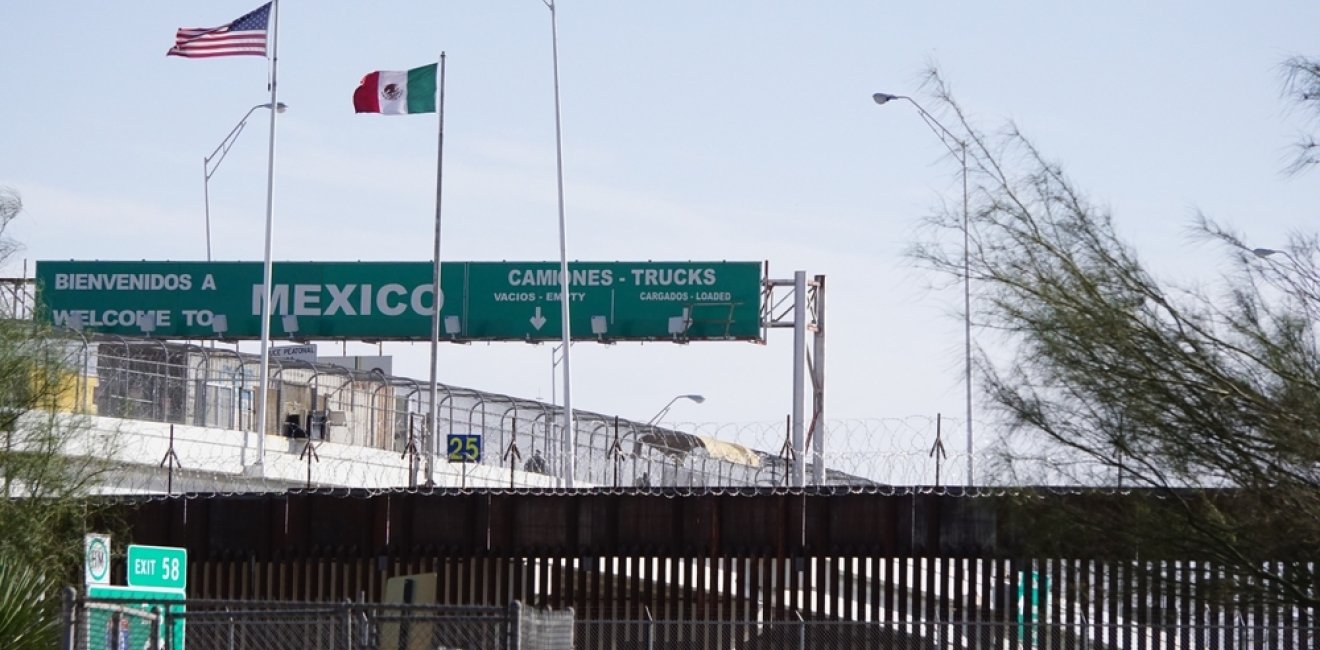The US-Mexico commercial relationship has been in flux in recent years but is currently experiencing an upswing, largely in part due to the USMCA. In fact, in 2023, Mexico was the main trading partner of the United States, surpassing China. Mexico has a unique advantage over other trading partners – the country’s innate allure is based on its geographic location, bordering the US and straddling both the Atlantic and Pacific. This has become increasingly important as the notion of nearshoring has gained significant traction in recent years, especially following the pandemic. The country’s geographic location, plus free trade agreements, most specifically the USMCA, have piqued interest among hundreds of international companies looking to expand operations and invest abroad. At the end of 2023, Mexico received $36 billion in Foreign Direct Investment (FDI), that is, 2.17% more than in 2022.
Mexico must take advantage of the opportunity at hand to encourage foreign investment and promote nearshoring. Of course, there is a political element to the equation. AMLO’s Mexico first, nationalistic approach to the country’s economic situation has had a significant impact on the procurement of foreign investment. Beyond the political dynamics, however, simply put, international companies are unwilling to put their business in a country where security and access to water and energy cannot be guaranteed.
Limited access to water as a result of increased drought and decreased rainfall is a significant deterrent to investment. These water shortages, which have grown in scope and severity in recent years, will only further grow as the consequences of climate change become increasingly apparent. The AMLO administration’s policies of energy nationalism have had a significantly negative impact on energy security in the country, thus further deterring investment with companies wary of locating their factories in a country that cannot guarantee access to clean and reliable energy. A third key element that has negatively impacted foreign investment is AMLO’s approach to security and rule of law, encompassed by the phrase “hugs, not bullets.” Lack of investment in Mexico’s infrastructure under the guise of republican austerity has left the country vulnerable to significant challenges in terms of ensuring the reliable transportation of goods, both imports and exports. The combination of these factors has forced companies planning to relocate operations to Mexico to think twice about doing so.
Mexico is in the midst of a unique opportunity, but one whose window will not last forever. Rapidly shifting geopolitical competition has precipitated the need to secure supply chains with nearshoring interpreted as one of the most viable options. However, if Mexico continues down the current path, attracting foreign investment and encouraging companies to relocate to Mexico will be a difficult task.
Just days away from the elections, a Sheinbaum victory seems all but inevitable. Her campaign platform, “100 Steps for the 4th Transformation – 3rd Version,” makes clear that a Sheinbaum presidency would offer continuity to the current Morena government, meaning that significant changes to Mexico’s strategy on recruiting foreign investment, energy policy, water management, security situation, and the general political dynamics are unlikely. There is still time for Mexico to take advantage of the opportunities at hand and to utilize nearshoring as a chance to further grow and strengthen the economy. However, the country’s politics will certainly be a decisive factor and the June 2nd elections are the first step in revealing what direction Mexico may take next.
Author


Mexico Institute
The Mexico Institute seeks to improve understanding, communication, and cooperation between Mexico and the United States by promoting original research, encouraging public discussion, and proposing policy options for enhancing the bilateral relationship. A binational Advisory Board, chaired by Luis Téllez and Earl Anthony Wayne, oversees the work of the Mexico Institute. Read more

Explore More
Browse Insights & Analysis
Greenland’s New Governing Coalition Signals Consensus

The Future of France's Far-Right Party

Ukrainian Issue in Polish Elections

